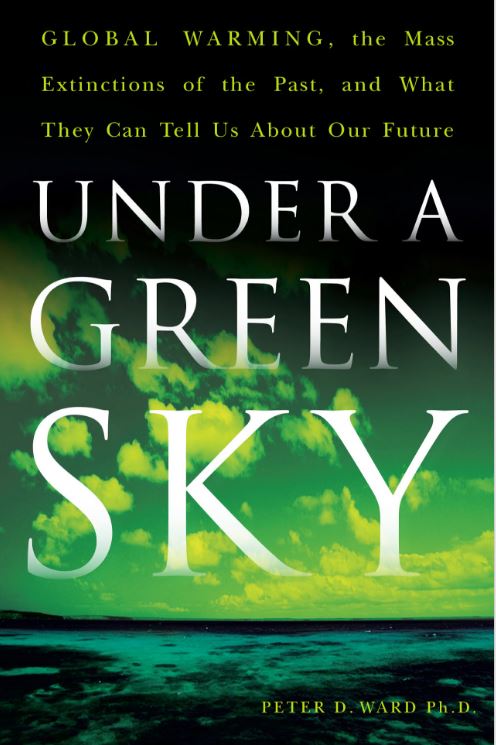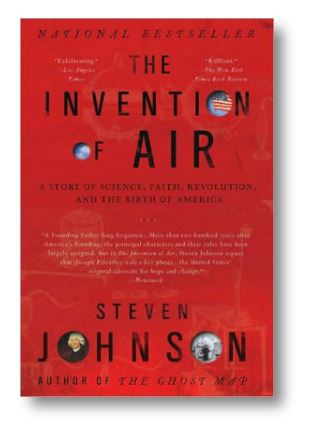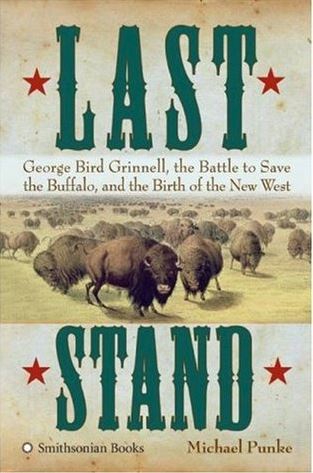Spying on Whales, by Nick Pyenson
A book by Nick Pyenson (of the Smithsonian Institution’s National Museum of Natural History) details the past, present, and future of whales. Combining paleontology, oceanography, environmental awareness, evolution, and history with personal stories of field work and insight, it’s a compelling tale of modern science on charismatic, mysterious creatures.



